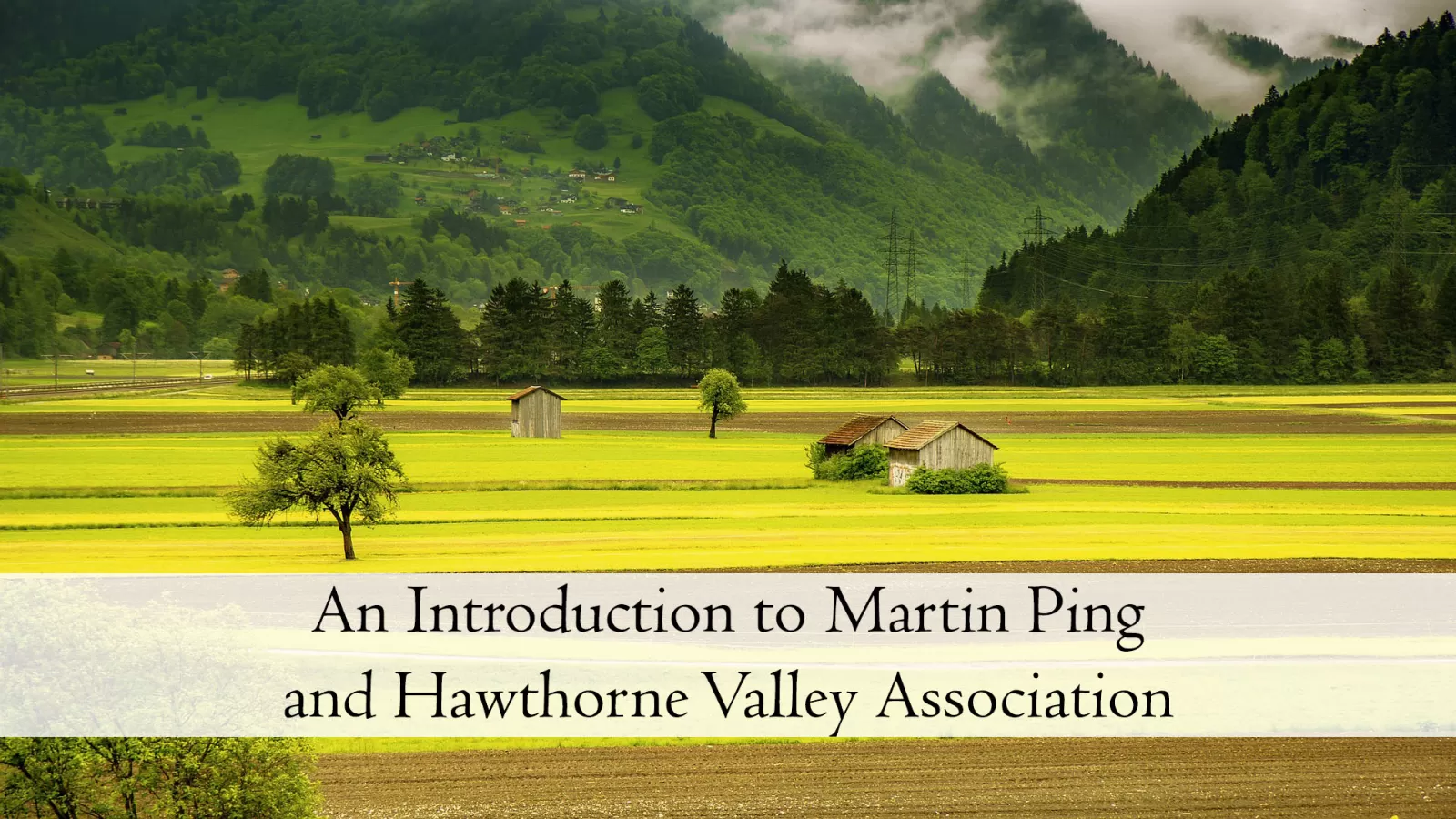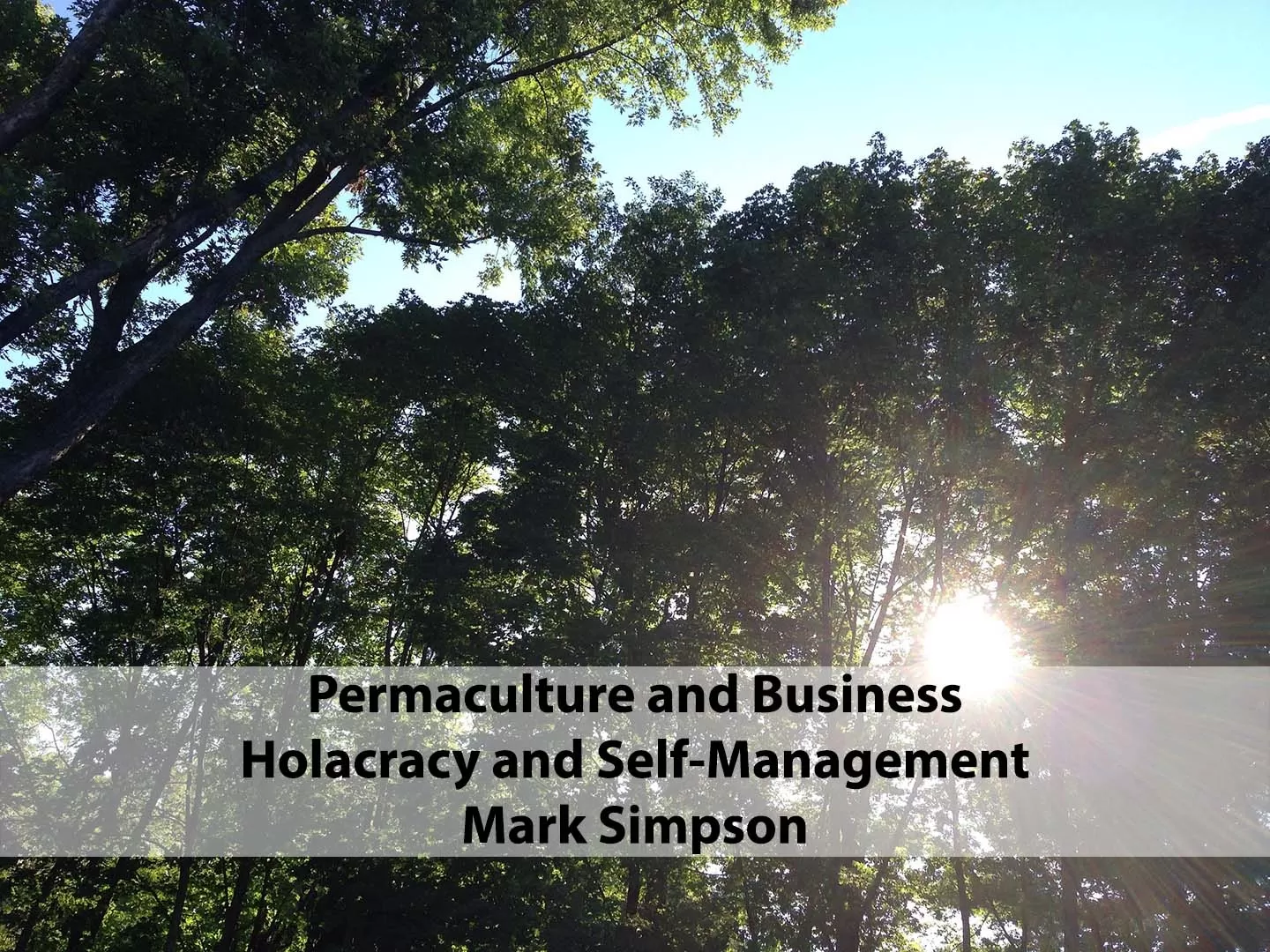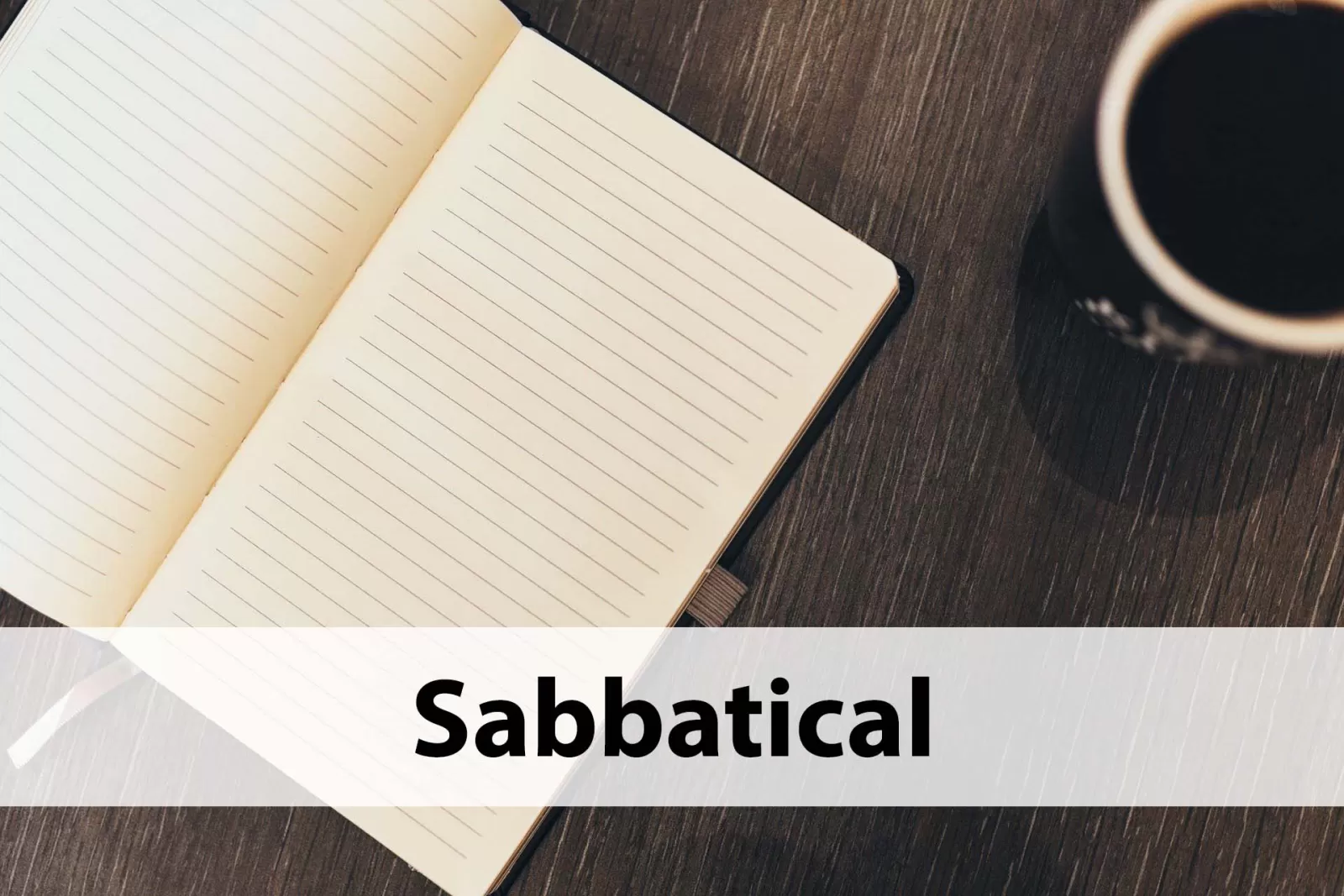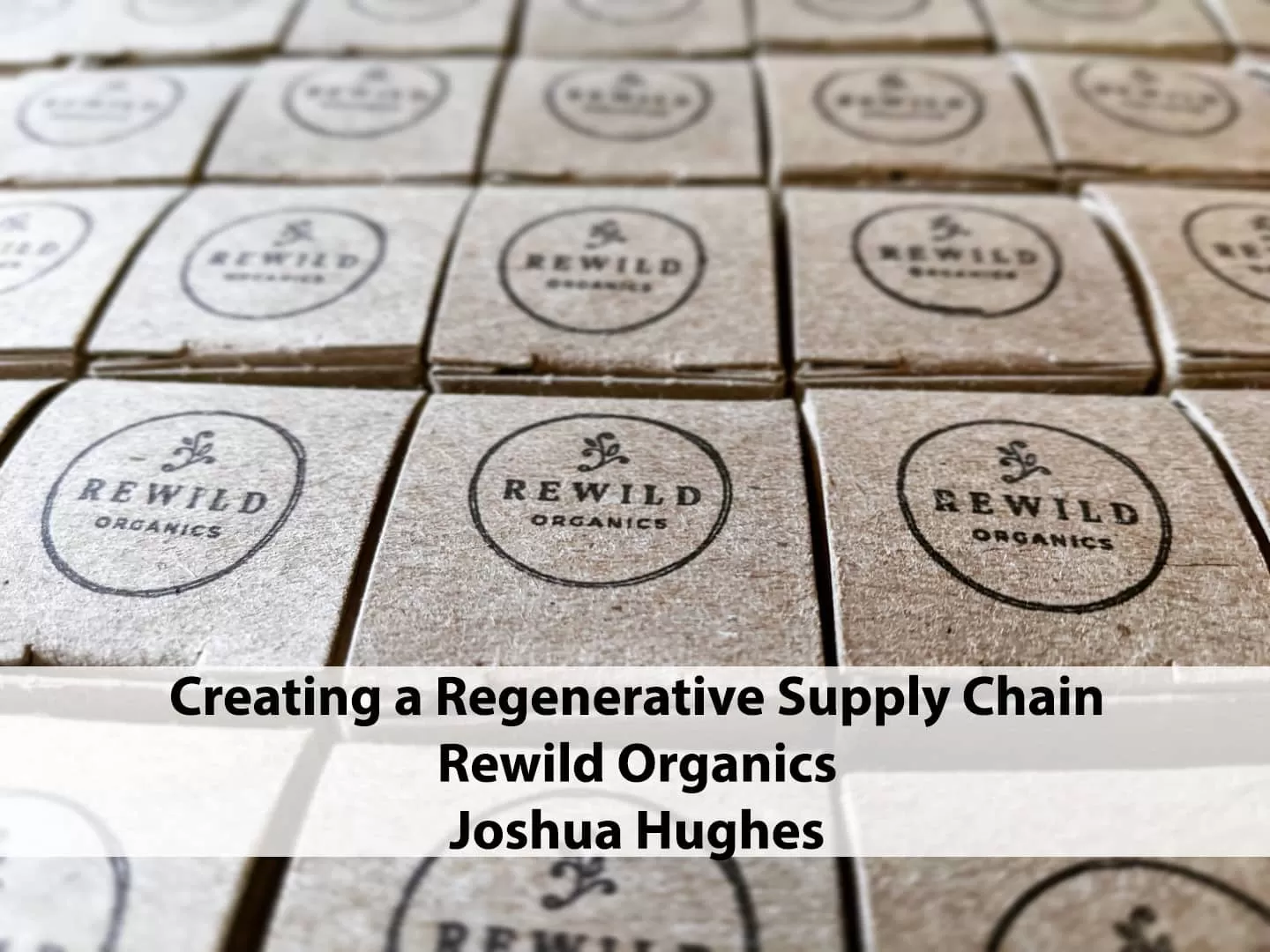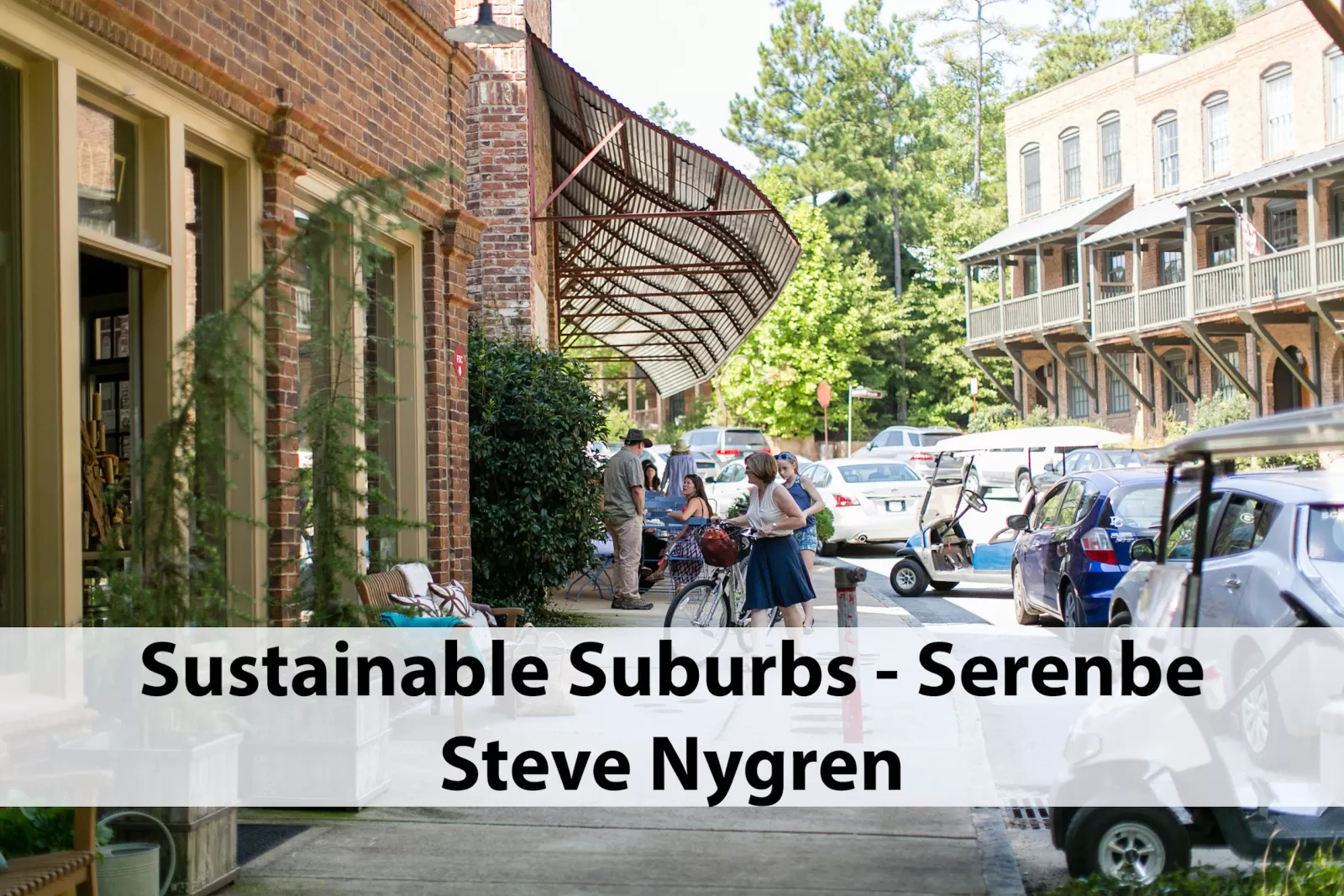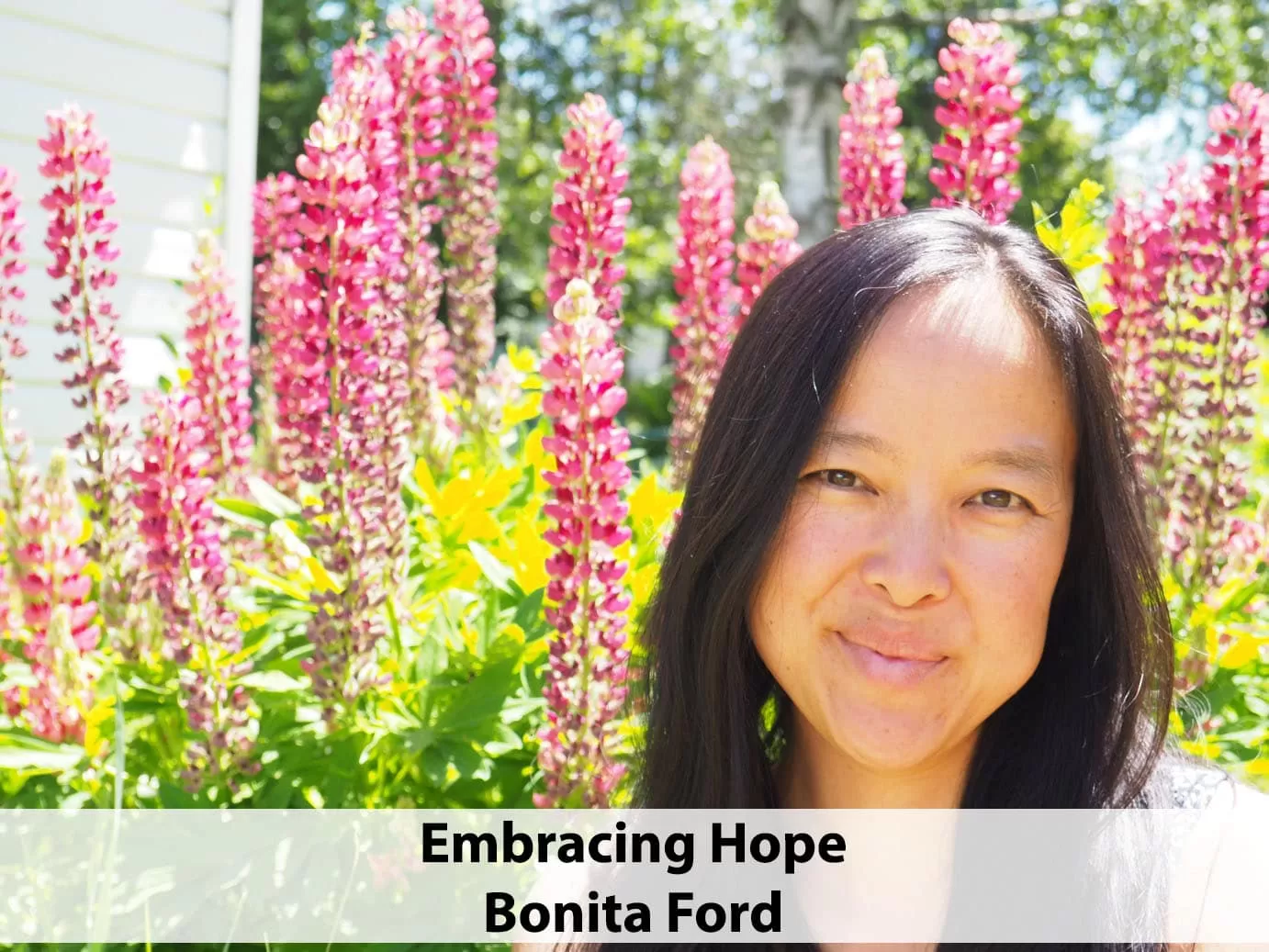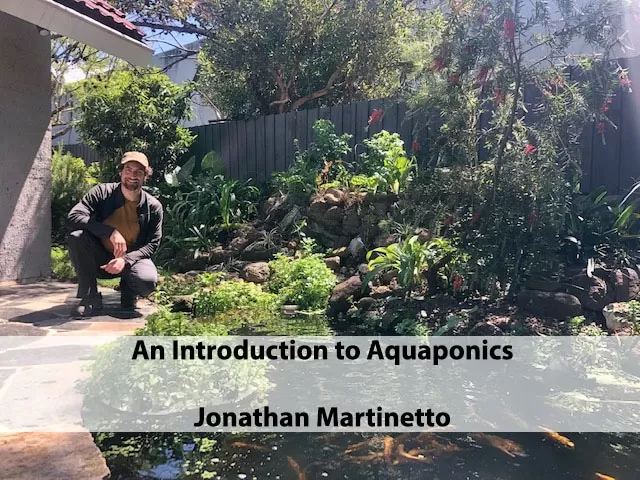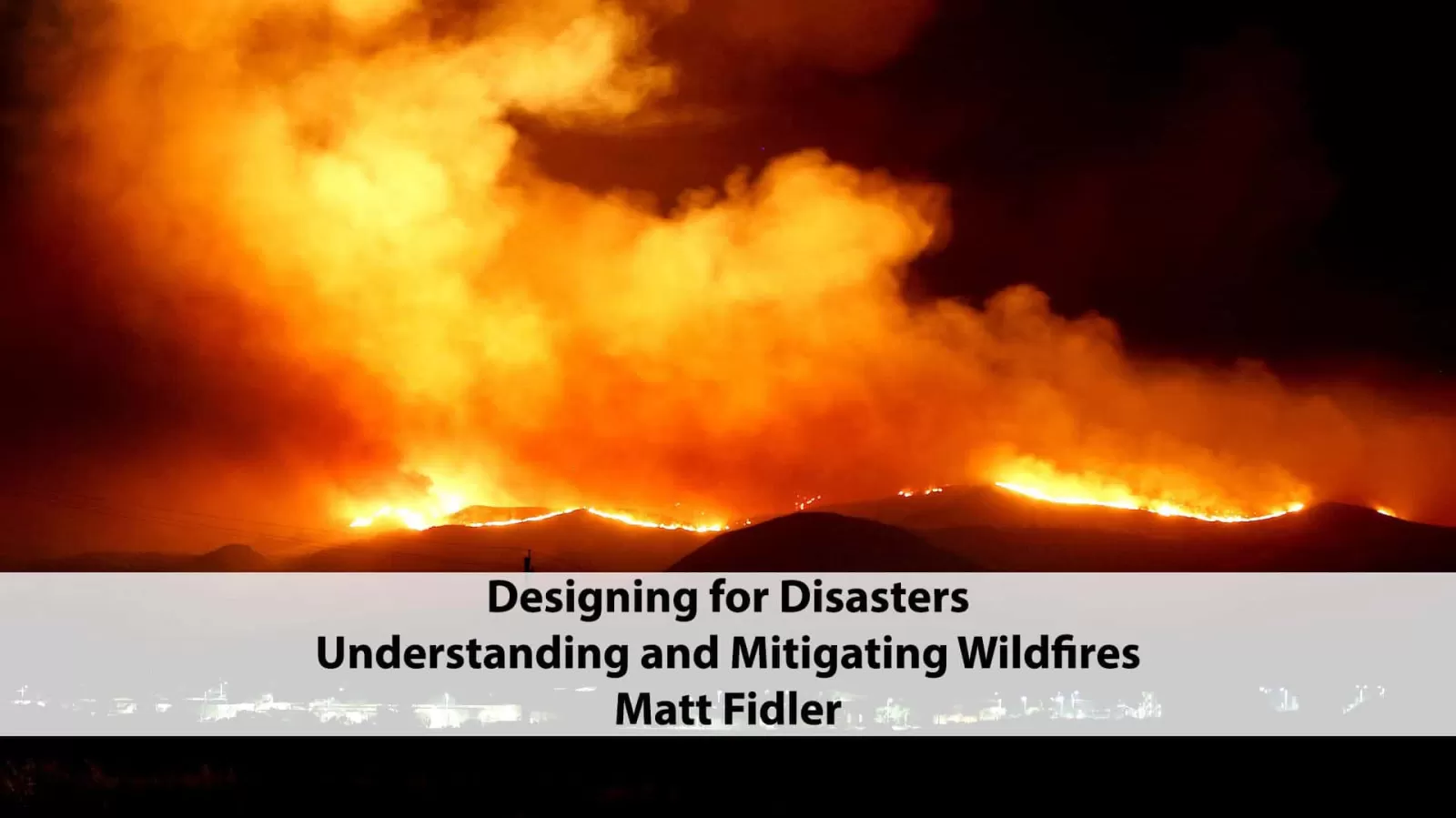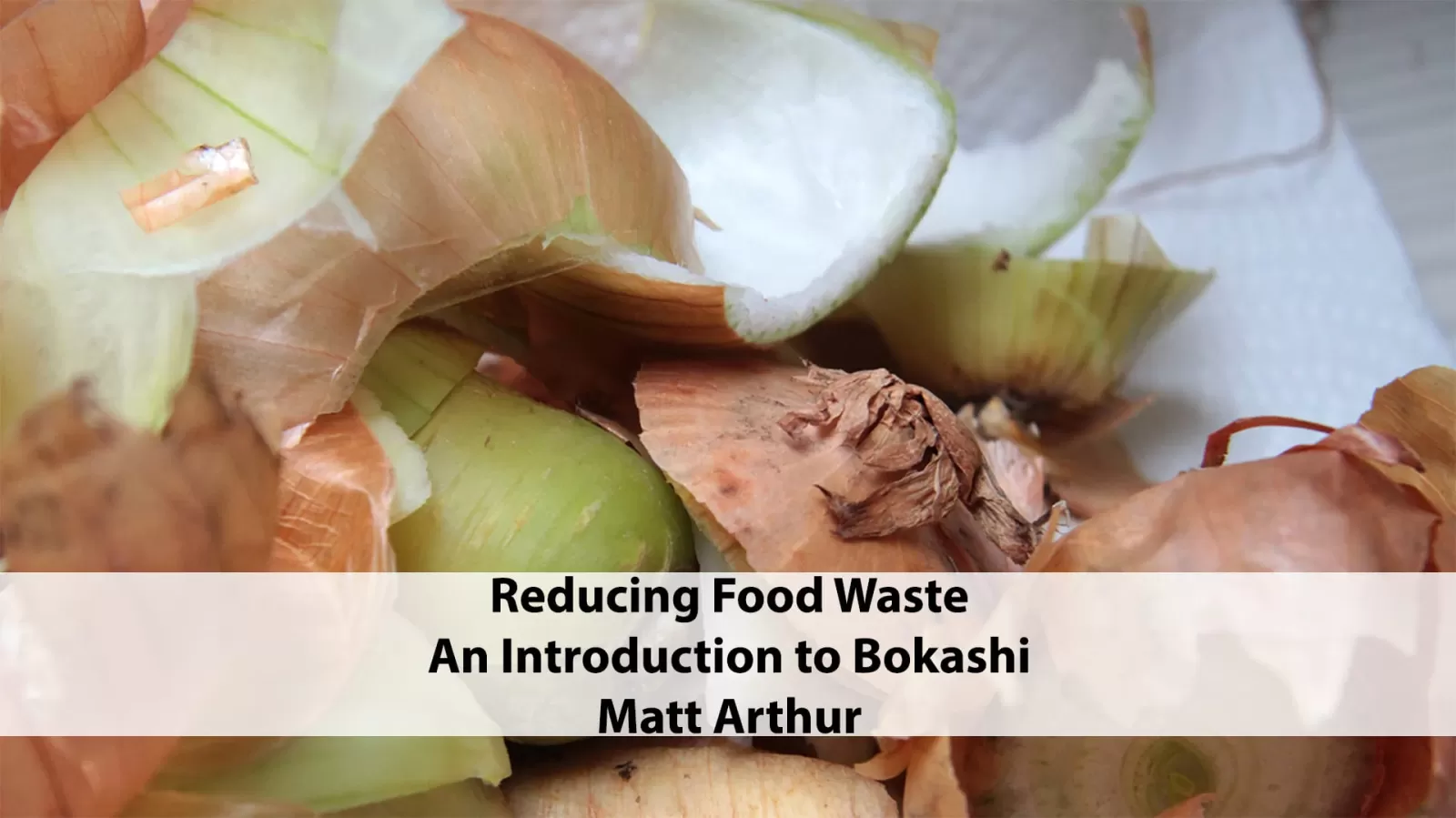Visit our Sponsor: Building a Better World in Your Backyard
As permaculture practitioners, the principles set forth by David Holmgren and beautifully detailed at permacultureprinciples.com, implore us to Use and Value Renewable Resources, to Catch and Store Energy, and Produce No Waste.
These principles lead us to a strategy to refuse, reduce, reuse, repair, and recycle. In the context of the food system, we refuse to create additional waste by not buying food we won’t eat or use. We reduce our waste by saving and eating leftovers from our table, taking any unfinished portions home from a restaurant, or donating excess canned goods to a food pantry.
We reuse our food by taking ingredients from one dish, such as leftover rice, and turning it into something new, like fried rice or rice pudding. As things can easily go awry in the kitchen, we can learn to save dishes that at first seem over seasoned, too spicy, too thick, or too thin.
After all of this, if we do have food that needs to go into the bin, we can recycle what remains. If we have a homestead, that could include feeding the waste to our animals or placing it in our compost pile. A compost pile, however, requires space, maintenance, and additional materials that may not be available to everyone. This is especially true for those of us living in smaller or urban spaces.
With these concerns in mind, I’m joined today by Matt Arthur of BLH Farm to introduce us to Bokashi, a form of anaerobic composting that destroys human pathogens, preserves nutrients and biomass, and which we can use to increase soil fertility and health. Bokashi is also inexpensive to implement and can be used whether you live in an apartment, on a homestead, or a farm.
You can find out more about Matt, Bokashi, and the farm at BLHFarm.com.
If have some land and are looking to create a niche business in composting, you’ll find some details about how Matt and his family make this work on the website, along with a store to purchase supplies to help you get started.
As I mentioned during the interview, I’m always looking for ways to simplify the process of reducing waste. From what Matt shared with us today, it sounds like bokashi was designed specifically for the needs of urban and suburban households. This allows us to keep those nutrients in our local environment, and limit the export of useful materials away from where we are to a nebulous somewhere elsewhere we don’t have to think about it.
Just as learning to cook with whole ingredients provides us a greater connection to the food we eat and the life that produced our meat or vegetables, processing food waste in and around our home allows us to have an intimate understanding of what we make, what we use, and what we throw away. As we deepen our knowledge, we can rely on biology rather than technology, capture more nutrients, and increase our yields.
But, those are just my thoughts in the moments. If you have a different lesson or would like to share your own experiences with bokashi or another form of composting, let me know.
Leave a comment in the show notes, or get in touch by sending me an email: The Permaculture Podcast
For Patreon supporters, I’ve released a short bonus podcast with additional thoughts and information related to this episode, including more details about reducing food waste, composting, and Bokashi. You can join the Patreon community and listen to that episode, as well as check out the weekly updates, and join in the monthly AMA, at patreon.com/permaculturepodcast.
The winners for the giveaway for a copy of Shawn Klassen-Koop’s Building a Better World in Your Backyard are Lauren Ames, Brad Harris, Nicole Heinaman, and Danielle Parsons. The winner for Nigel Palmer’s The Regenerative Growers Guide to Garden Amendments is Catherine Lightfoot.
Thank you to everyone who entered this giveaway, and a reminder that I still have copies of The 2021 Permaculture Calendar and 470 by Linda Windrow to giveaway. Send me an email with the subject 2021 Calendar or 470 in order to enter.
Tuesday, November 17, join Karryn Olson and me for a free workshop on Discerning Permaculture Niches for Your Livelihood. Find out more and sign up today at thepermaculturepodcast.com/niches/
Finally, if you’d like to receive a USB drive with a copy of every episode from the first decade of the show, you can do so by donating $50 or more to the podcast.
Until the next time, spend each day composting what you can, while taking care of Earth, your self, and each other.
Resources
BLH Farm
Bokashi at BLH Farm (Including Bokashi Starter Kits in their store)
